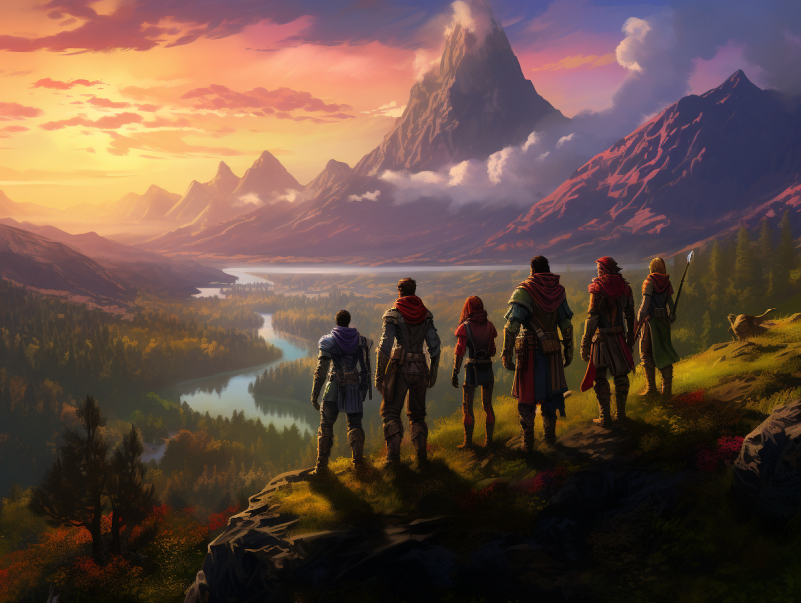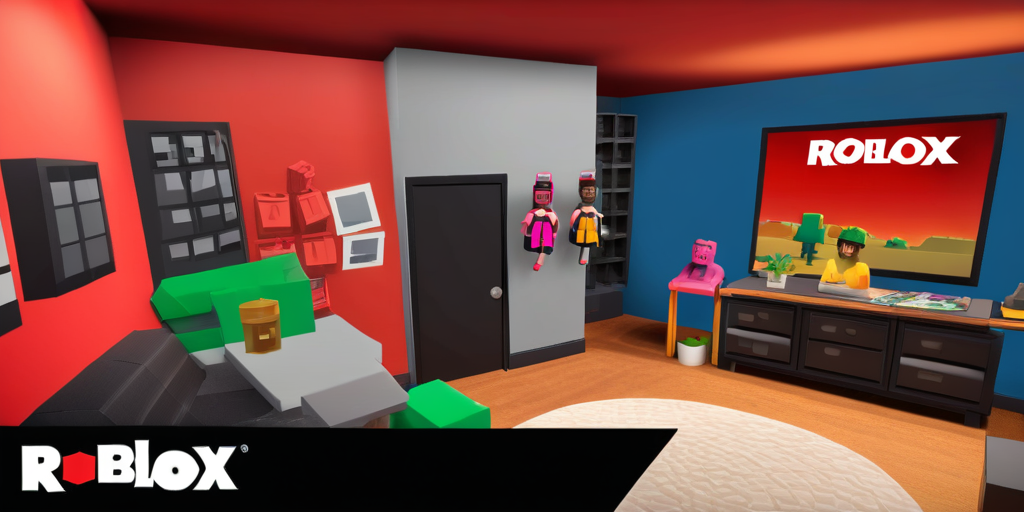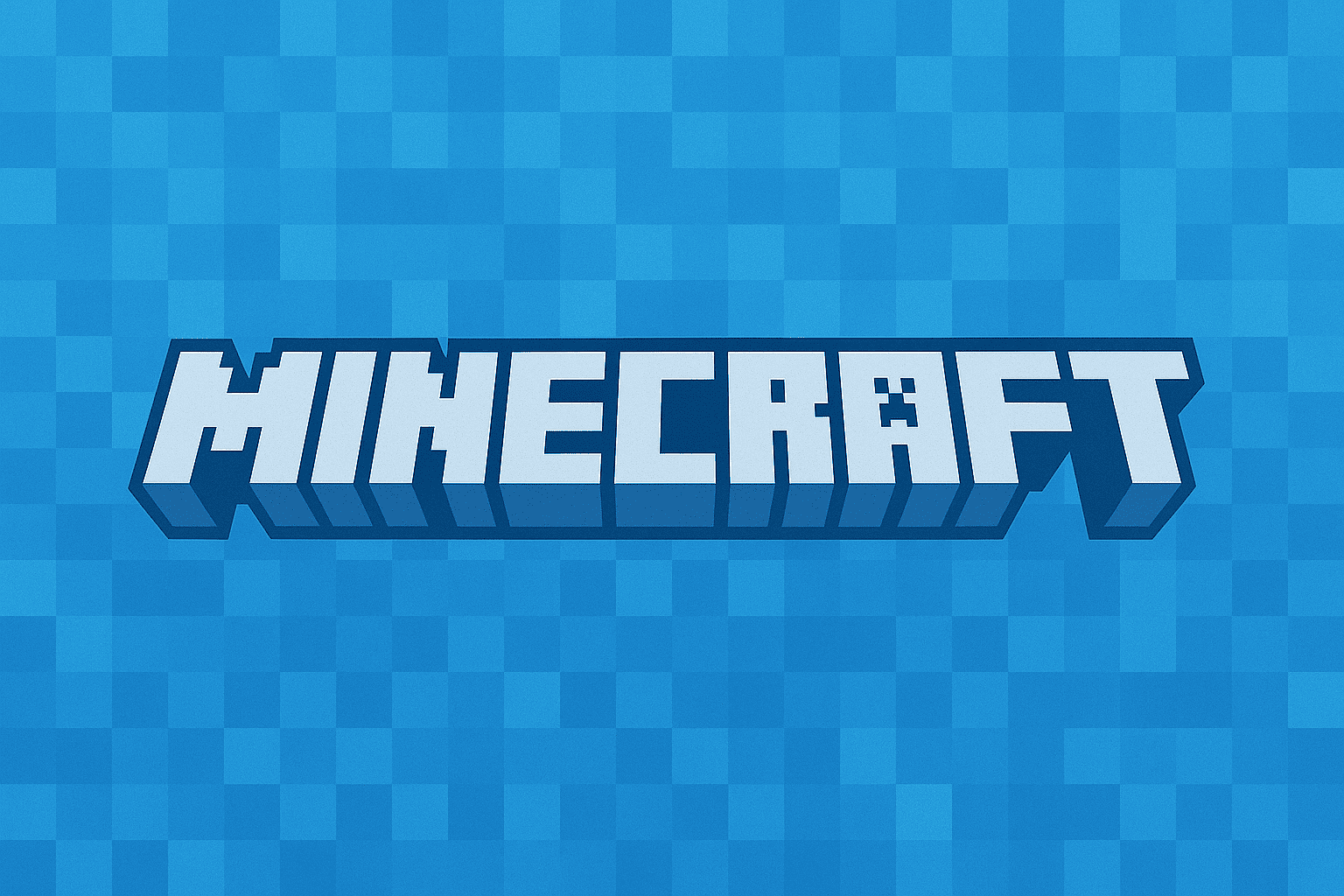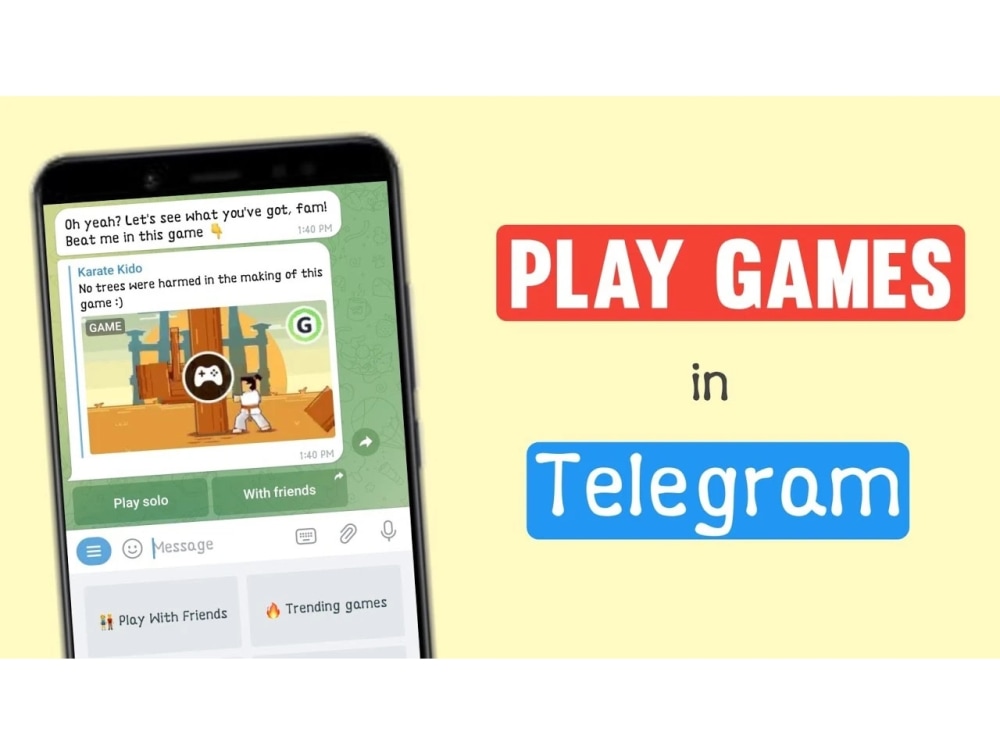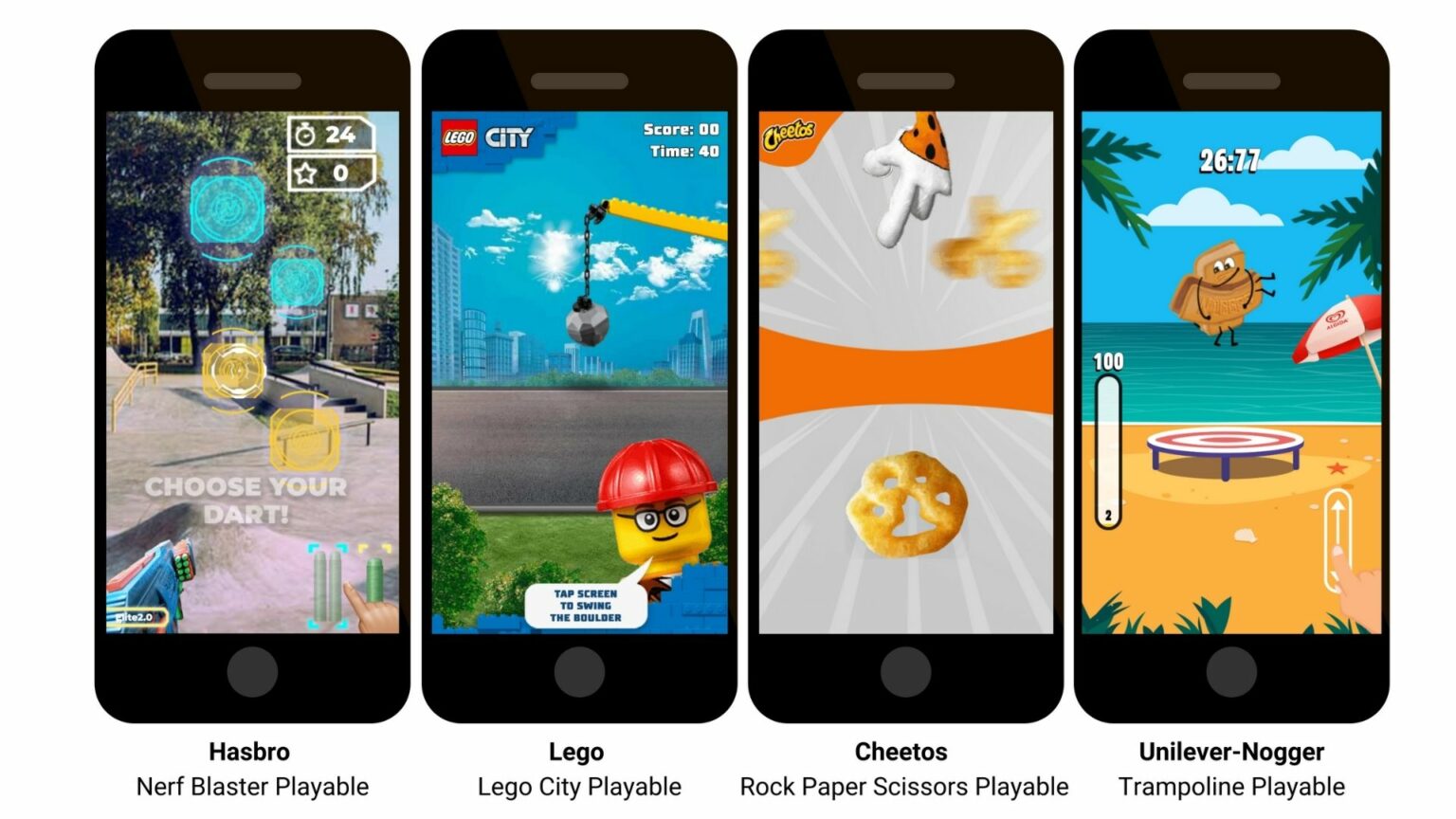Have you ever dreamed of having the power to create and shape your own world? Perhaps a world set in outer space, with asteroids attacking a spaceship, or a world deep beneath the ocean where you battle pirates. While creating a new reality may seem impossible in the real world, it is definitely achievable in the realm of software game development. With the increasing popularity of video games, more and more people are not only eager to explore these virtual worlds but also to create them.
If you’re interested in learning how to get started in game development, this article is perfect for you. It will provide you with the fundamentals and valuable resources to set you on the path to success. Let’s begin by understanding what game development is.
Game development refers to the process of creating video games, and it involves various aspects such as designing, programming, and producing games. Whether you want to develop games as a hobby or pursue a career in the industry, getting started can be both exciting and challenging.
What is Game Development?
Essentially speaking, Game Development is the general cycle of making a computer game. Furthermore, on the off chance that you believed that making a computer game is pretty much as simple as playing one, well it’s definitely not. There is a large number while making a game like Story, Characters, Audio, Art, Lighting, and so forth that in the end consolidate to make an entirely different world in an AAA computer game. This interaction of Game Development for business games is subsidized by a publishing party (a rich organization!) yet free computer games are similarly less expensive and more modest so they can be financed by people likewise (That can be you!).
Presently there is a typical uncertainty identifying with Game Development that lone great Game Players can accept as Game Developers. So how about we address that at this point.
Is Being a Good Game Player essential for Game Development?
There are numerous individuals who expect to be that assuming they are acceptable Game Players, they will be acceptable in Game Development. Indeed, don’t commit that error. On the off chance that you are a decent Game Player, you have some benefit since you definitely know something about game stories, players, levels, and so on In any case, that is it! All things considered, Game Playing and Game Development are totally different fields and the abilities you get in the previous won’t really help you in the last mentioned. For instance: If you love films, that doesn’t really mean you will be a decent film chief. So get into Game Development just in the event that you are enthusiastic about game programming and truly need to build up a game for fun (Loving game playing is only a reward!).
Step 1: Define Your Goals
Getting started in game development requires a clear understanding of your goals and aspirations. Take the time to define why you want to venture into this exciting field and what you hope to achieve. Here are some important considerations:
- Hobby or Career: Determine whether game development is a hobby or a potential career path for you. Are you looking to create games for personal enjoyment and creative expression, or do you see yourself working in the game development industry professionally?
- Areas of Interest: Within game development, there are various specialized areas to explore. Identify the aspects that intrigue you the most, such as:
- Programming: If you enjoy problem-solving and have a knack for coding, programming may be your primary interest. You’ll focus on developing the underlying mechanics, gameplay systems, and artificial intelligence that bring games to life.
- Design: If you have a passion for crafting unique and engaging experiences, game design might be your focus. This involves creating game mechanics, level layouts, puzzles, and balancing gameplay elements to ensure a fun and immersive player experience.
- Storytelling: If you are captivated by narratives and character development, storytelling in game development could be your calling. You’ll delve into crafting compelling storylines, dialogue, and interactive narratives that draw players into the game world.
- Art and Visuals: If you possess artistic skills and enjoy creating visually stunning worlds, character designs, and animations, focusing on the art and visual aspects of game development may be your forte.
- Long-Term Aspirations: Consider your long-term aspirations within the game development industry. Are you interested in indie game development, working for established game studios, or even starting your own game development company? Understanding your ultimate goals can help shape your learning path and guide your decisions.
By clearly defining your goals, you can better focus your efforts and tailor your learning journey to suit your specific interests and ambitions in game development.
Step 2: Research and Learn
Once you have a clear idea of your goals in game development, it’s time to embark on a journey of learning and exploration. Here are some key steps to help you get started:
- Familiarize Yourself with the Basics: Begin by immersing yourself in the fundamentals of game development. Explore online resources, articles, tutorials, and forums dedicated to game development. These platforms provide valuable insights into various aspects of game development, such as game design principles, game mechanics, and industry trends.
- Programming Languages: Dive into programming languages commonly used in game development, such as C++, Java, or Python. These languages serve as the foundation for creating game mechanics, implementing algorithms, and building interactive experiences. Consider starting with a language that aligns with your interests and is widely supported within the game development community.
- Online Courses and Coding Bootcamps: To gain proficiency in programming and game development, consider enrolling in online courses or joining coding bootcamps specifically tailored to game development. Platforms like Udemy, Coursera, and Codecademy offer a wide range of courses covering different programming languages and game development concepts. These structured learning experiences can provide you with a solid foundation and accelerate your progress.
- Hands-on Practice: Theory alone is not enough to become proficient in game development. Engage in hands-on practice by working on small projects or tutorials that allow you to apply the concepts you’ve learned. Practice coding game mechanics, creating simple prototypes, and experimenting with different tools and techniques. This practical experience will help solidify your understanding and build your problem-solving skills.
- Join Game Development Communities: Connect with fellow game developers by joining online communities, forums, and social media groups dedicated to game development. Engaging with like-minded individuals provides opportunities to ask questions, share ideas, and collaborate on projects. It’s a great way to learn from others, stay motivated, and build a network within the industry.
- Game Development Tools and Engines: Familiarize yourself with popular game development engines and tools, such as Unity, Unreal Engine, or Godot. These engines provide powerful frameworks and workflows for creating games efficiently. Explore their documentation, tutorials, and sample projects to gain a better understanding of how they work and which one aligns with your goals and chosen programming language.
Remember, game development is a continuous learning process. Stay curious, be willing to explore new concepts and technologies, and never hesitate to seek help or guidance when needed. By dedicating time to research and learning, you’ll lay a strong foundation for your journey into the exciting world of game development.
Step 3: Choose a Game Development Engine
After gaining a basic understanding of game development and programming, it’s time to choose a game development engine that will serve as your primary tool for creating games. Here’s a step-by-step process to guide you in selecting the right engine for your needs:
- Research and Evaluate: Begin by researching and exploring different game development engines available in the market. Some popular options include Unity, Unreal Engine, and Godot. Look into their features, capabilities, and the types of games they are commonly used for.
- Consider Key Factors: When evaluating game development engines, consider the following factors:
- Ease of Use: Determine the user-friendliness of the engine. Look for intuitive interfaces, visual scripting systems, and comprehensive documentation that can facilitate your learning curve.
- Community Support: Check the size and activity of the engine’s community. A vibrant community means more resources, tutorials, and support available to you as you navigate the engine’s features and troubleshoot issues.
- Available Resources: Assess the availability of learning materials, tutorials, and online resources specific to the engine. A wealth of resources can help you overcome challenges and expand your knowledge.
- Compatibility: Ensure that the engine is compatible with your chosen programming language. Consider the programming languages and scripting options supported by the engine and choose one that aligns with your existing skills or desired learning path.
- Target Platforms: Determine the platforms you want to develop games for, such as PC, console, mobile, or virtual reality. Check if the engine supports these platforms and offers the necessary tools and functionalities to optimize your game performance.
- Experiment and Explore: Once you have narrowed down your options, start experimenting with the engines that align with your goals and requirements. Download the engines and explore their features, tools, and workflows. Create small prototypes or follow beginner tutorials to gain hands-on experience with each engine.
- Community Feedback: Seek feedback from the game development community or fellow developers who have experience working with the engines you are considering. Their insights and experiences can provide valuable perspectives and help you make an informed decision.
- Make Your Selection: Based on your research, hands-on experience, and community feedback, select the game development engine that best suits your needs, goals, and comfort level. Remember, the choice of engine is not permanent, and you can always switch to another engine in the future if needed.
By carefully evaluating and selecting a game development engine, you’ll have a powerful tool that aligns with your goals and provides the necessary features and support to bring your game ideas to life. Embrace the chosen engine and dive into its features and capabilities, as it will become an essential part of your game development journey.
Step 4: Acquire Design and Artistic Skills
In game development, design and artistic skills play a crucial role in creating engaging and visually appealing games. Here are some steps to help you acquire these skills:
- Game Design Principles: Develop a strong understanding of game design principles, including gameplay mechanics, level design, and user experience (UX). Study successful games and analyze how they engage players, create challenges, and provide rewarding experiences. Explore resources, books, and online courses that delve into game design theory and practices.
- Gameplay Mechanics: Familiarize yourself with different game mechanics such as platforming, puzzles, combat systems, and progression systems. Understand the mechanics’ purpose, how they interact with each other, and their impact on player engagement and enjoyment. Experiment with implementing these mechanics in small projects to gain practical experience.
- Level Design: Learn about level design principles and techniques. Study how to create compelling and well-paced levels that guide players through a game world, provide challenges, and offer opportunities for exploration. Practice designing levels using game design software or level editors available in your chosen game development engine.
- User Experience (UX): Gain knowledge of UX principles to enhance the overall player experience. Understand concepts such as player feedback, intuitive controls, accessibility, and player-centered design. Consider user testing and feedback to iterate and refine your game’s UX.
- Graphic Design and Animation: Acquire graphic design skills to create visually appealing game assets. Learn techniques such as color theory, composition, typography, and visual hierarchy. Familiarize yourself with graphic design software like Adobe Photoshop or GIMP to create and manipulate game art assets.
- Animation Techniques: Explore animation principles, including timing, squash and stretch, anticipation, and follow-through. Learn animation software such as Adobe Animate or Spine to bring your game characters and objects to life. Practice animating basic movements and expressions to improve your animation skills.
- Concept Art and Storyboarding: Develop your ability to create concept art and storyboards to enhance your storytelling abilities. Practice sketching and drawing to communicate your ideas visually. Create concept art to establish the visual style and mood of your game. Storyboard key moments or sequences to plan and visualize the narrative flow.
- Continuous Practice and Feedback: Remember that acquiring design and artistic skills requires continuous practice and improvement. Seek feedback from peers, online communities, or mentors to refine your skills. Participate in game jams or personal projects to challenge yourself and apply what you’ve learned.
By acquiring design and artistic skills, you’ll be able to create visually appealing games with engaging gameplay mechanics and compelling narratives. Embrace the learning process, practice regularly, and seek feedback to refine your skills and bring your game ideas to life.
What are the Different Aspects of Game Development?
There are various parts in Game Development that can either be dealt with by a solitary engineer who is exclusively making a game (and who is a genius.) or ordinarily by a group of numerous individuals. So in the event that you need to begin with Game Development, it’s ideal to initially comprehend the different segments in this field so you can distinguish the ones that most interest you.
1. Sound: It is the foundation of computer games. That implies it should uphold the game but not be excessively self-evident! You need to choose the different sounds in the game world like player sounds, ambient sound, and so on that together make an exact and credible computer game.
2. Design: It can be said that computer games are essentially responsive designs. So design is vital as it chooses the vibe of the game. Regularly design in computer games can incorporate different things like the game surface, game lighting, 3D demonstrating of characters and items, particles frameworks to make fire, mist, snow, and so on.
3. Lighting: All the lighting in computer games is clearly counterfeit and vital for temperament settings. Less lighting can be utilized in relationship with loathsomeness or thrill ride games while expanded lighting can indicate more experience or fun games. Additionally, lighting can be a significant factor in secrecy challenges with hazier territories giving cover to characters.
4. Levels: All great computer games have different levels that increment the trouble over the long haul. Levels can be meant in games by various floors, various structures, or even various nations (Depending on the game you are playing!) and each level can have numerous potential ways that ultimately lead to the following level. Also, planning games with numerous conceivable way blends for various levels is a major factor in Game Development.
5. Story: Everything suffers a heart attack and that is similarly valid for computer games. Your story can have a straight construction that is moderately simple, or it can even have a non-direct design with different plot changes as indicated by character activities. The central matter is that there ought to be an intriguing story to snare your players.
6. Characters: Do you know any story without characters? No! That is on the grounds that, after the story, the characters are a major piece of any computer game. You need to choose the looks and characters of the characters, how quick they should move, what ought to be habits and qualities, and so forth.
How to Start Learning Game Development?
Since you have seen every one of the elements associated with Game Development, the points given here are presented as a roadmap that is sufficient to cause you to comprehend the essentials of Learning Game Development. In the wake of learning these, you can take a fair game and afterward action on to making an ever-increasing number of complex universes as you progress.
1. Learn Computer Programming: The intriguing perspective with regards to a game is totally made utilizing Computer programming. So it makes sense that you need to realize programming in the event that you need to enter this world! Presently on the off chance that you have some essential information about coding in programming languages like C++, C#, Python, Java, and so forth then incredible, in any case, it’s ideal in the event that you pick up programming prior to moving any further.
There is no particular programming language that is solely utilized for Game Development. Yet, C++ is the most mainstream in-game turn of events and furthermore the most ordinarily utilized language for composing game engine functionality. Just to present some of the famous games made with C++ are Counter-Strike, King Quest, World of Warcraft, and so on Another well-known language is Java as it has multithreading and attachments. A well-known game drove in Java is Crazy Birds Chrome.
2. Pick a notorious Game Engine: As you are an amateur in Game Development, it is ideal, to begin with, a known Game Engine. They are very helpful overall as they give different functionalities to your games like 3D and 2D designs delivering, sound help, activity, crash identification, AI, team play, and so on.
The most well-known Game Engine is Unity as it is very simple to learn, and furthermore has the individual release which is free! Another mainstream Game Engine is the Unreal Engine which can be changed to make special games. In any case, in the end, it doesn’t make any difference what Game Engine you use yet what is important is that you stay with that game engine functionality so you comprehend it all around ok to utilize it in future activities.
On a side point, it isn’t significant that you utilize a Game Engine. Indeed, not utilizing a Game Engine will mean you need to do the greater part of the specialized work yourself, which is hard yet will give you many learning openings. It will even be helpful in the event that you need to switch from Game Design to programming games yourself sooner or later!
3. Make a Basic Game: Now that you have some thought of Game Development, make an essential game. Presently you should move diverted and wish to make a magnum opus yet trust me and start with small things. Attempt to keep your venture around a week or so in light of the fact that the main thing currently isn’t that you become a short-term expert however that you comprehend the nuts and bolts.
A typical first game is Tetris as it is not difficult to make but then it will acquaint you with numerous ideas in Game Development. It will essentially show you the three stages in the Game Loop for example introduce, update and draw which are at the core of any conceivable game advancement you will do later on.
However, in the event that you are not keen on beginning with Tetris, you can pick any game that is sufficiently simple (or troublesome, it’s your choice.) yet ensure that the game isn’t confounding or muddled and it has an unmistakable target and endpoint.
4. Comprehend Game Design Patterns: Game Design Patterns is the place where things get somewhat confounded as you have effectively perceived the nuts and bolts of making a computer game. Be that as it may, the primary inquiry is, What are Game Design Patterns?
Assume that you need to place in numerous space rocks that obliterate a spaceship in a space computer game. It is a lot savvier in the present circumstance to have a code module that can be reused over and over for the space rocks instead of zeroing in on singular space rocks. This is a Game Design Pattern known as Object pooling. Additionally, there are many Game Design Patterns that are fundamentally formatted for making measured code that can be utilized as a rehashed answer for any issue in Game Development.
A portion of the other regular Game Design Patterns is Flyweight, Prototype, Observer, and so on. It’s best that you initially comprehend these Game Patterns and afterward apply them in different little games. This will help you in understanding the different effects and advantages that Game Design Patterns can have on Game Development when all is said in done.
5. 3D Graphics and Maths for Game Creating: It is absurd to expect to make a computer game without illustrations thus you need to find out about them now. Still, keeping in mind that 2D designs were very mainstream during the 1990s, the vast majority of the celebrated games today require 3D illustrations which can be delivered in Fixed 3D, First-individual point of view, Third-individual viewpoint, and so forth which gives a reasonable inclination to the game. So just in case that you need to turn into a first-rate Game Programmer, you should know PC illustrations and furthermore the science behind them.
The maths commonly required for 3D Graphics is Linear Algebra which mainly deals with linear equations, matrices, vectors, etc. If you understand these concepts, you can easily manipulate the 3D world of your game to achieve ideal effects.
Step 5: Seek Guidance from Game Development Companies
To further enhance your skills and understanding in game development, it can be valuable to seek guidance and mentorship from established game development companies. Here are some steps to help you connect with industry professionals and leverage their expertise:
- Research Game Development Companies: Conduct thorough research to identify game development companies that offer mentorship programs, workshops, or internship opportunities. Look for companies that align with your interests and specialize in the areas of game development that you’re passionate about, such as programming, design, storytelling, or art.
- Mentorship Programs and Workshops: Many game development companies offer mentorship programs or workshops designed to guide and support aspiring developers. These programs provide an opportunity to learn directly from industry professionals, receive feedback on your work, and gain insights into the industry’s best practices. Research the application process and requirements for these programs and consider applying to ones that align with your goals.
- Internship Opportunities: Internships can provide invaluable hands-on experience and exposure to the game development industry. Research game development companies that offer internship programs and check their eligibility criteria. Internships allow you to work closely with professionals, contribute to real projects, and gain practical knowledge that can significantly enhance your skills and understanding.
- Reach Out to Professionals: Don’t hesitate to reach out to professionals in the game development industry. You can connect with them through professional networking platforms like LinkedIn, or through industry-specific forums and communities. Politely introduce yourself, express your interest in game development, and inquire if they would be willing to provide guidance or mentorship. While not everyone may have the availability to mentor, some professionals may be open to sharing insights and advice.
- Attend Industry Events: Industry events, conferences, and meetups provide excellent opportunities to network with professionals in the game development field. Attend local or online events, participate in panel discussions, workshops, and networking sessions. Engage in conversations, ask questions, and exchange contact information with industry experts. Building connections within the industry can lead to mentorship opportunities, collaborations, and valuable insights into the game development process.
- Online Communities and Forums: Engage actively in online communities and forums dedicated to game development. These platforms provide spaces to connect with professionals, ask questions, and receive guidance. Participate in discussions, share your work, and seek feedback. Building a presence in these communities can help you establish connections and receive valuable insights from experienced developers.
Remember, when seeking guidance, always be respectful of professionals’ time and expertise. Be clear in your communication, express your genuine interest in learning, and demonstrate your commitment to growth. The game development industry is filled with passionate individuals who are often willing to help newcomers. By seeking guidance from game development companies and professionals, you can gain valuable insights, learn from their experiences, and accelerate your growth as a game developer.
To conclude, a way to master game development is full of confusion and difficulties. The crying and growing are long, but in case you are serious and put enough effort your game is not over.
Remember that you can do it.
As you embark on this journey, consider joining eJaw game development company. eJaw is known for its expertise and commitment to excellence in the industry. By becoming a part of their team, you can benefit from their guidance, resources, and industry connections, propelling your path to success.
Believe in yourself and your abilities. Stay dedicated, keep learning, and never lose sight of your passion for game development. With perseverance and hard work, you can accomplish great things in the world of games.



